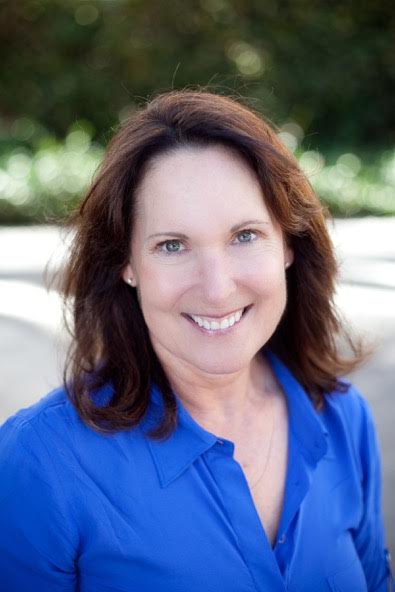UC San Diego Launches CORE Project to Foster Ethical Research Using Personal Health Data
San Diego, Calif., Nov. 25, 2015 — A team at the University of California, San Diego has received funding from the University and the Robert Wood Johnson Foundation to create a web-based resource that will help scientists and Institutional Review Boards (IRBs) design and conduct ethically sound research involving personal health data collected from sensors, social media and mobile devices. The Connected and Open Research Ethics (CORE) project coincides with the first instance since 1991 that federal regulations for human research protections are being updated.

Camille Nebeker, EdD, MS, assistant professor in UC San Diego School of Medicine’s Department of Family Medicine and Public Health and the principal investigator on the project, refers to the apps and devices used to collect data via mobile imaging, pervasive sensing, social-media and location tracking, as MISST technologies. MISST technologies create challenges for both researchers and IRBs—which are committees formally charged with reviewing, approving and monitoring research involving human participants — because of their newness.
“There are an estimated 6,000 IRBs out there, and they all will need to think about how the existing regulations apply to 21st century research tools and methods” said Nebeker. “At the same time, IRBs frequently lack the expertise or resources necessary for making informed decisions about studies involving MISST methods, so researchers are engaging independently with them—which means they’re often duplicating efforts.”
The CORE will be designed as a resource for researchers and IRBs to increase the potential benefits of using personal health data while managing the risks. “It will also provide consistency, accuracy and convenience for researchers, and an opportunity to share what we’ve learned,” said Nebeker.
Nebeker stresses the importance of designing and executing “mobile health” or mHealth research in a manner that is socially responsible.
“I assume the public counts on UC San Diego to conduct innovative research,” said Nebeker, who is also an affiliate of the Qualcomm Institute (QI). “What may not be as obvious to the public is that researchers and IRBs assess study risks, potential benefits and risk management strategies before a study can be approved. What is challenging now is that technology is outpacing the development of ethical standards to guide the evaluation of study risks and benefits.”
For example, Nebeker cited studies conducted out of QI’s Center for Wireless and Population Health Studies, which recruited participants to wear cameras, activity monitors and global positioning system devices to objectively measure physical activity and sedentary behavior. The resulting data included imagery of individuals who the study participants encountered throughout their daily lives, raising concerns about the privacy and the rights of bystanders.
The CORE project, said Nebeker, “will work towards developing ethical best practices so that participants in such studies can be confident that the studies have been vetted and are safe, while also ensuring that this important research continues to advance.”
Nebeker and her team will develop the MISST-Ethical framework in collaboration with a variety of stakeholders — including health researchers, IRBs and research participants.
“Because they have often been neglected as stakeholders in the research design process, members of underserved communities who have the potential to be helped the most by access to mHealth studies will be involved in the development of the ethical guidelines. We are also interested in hearing from potential research participants about how they might use MISST tools to monitor their own health behaviors,” said Nebeker.
“Instruments like CORE that help Institutional Review Boards and researchers more quickly and ethically conduct research using personal health data will be a game changer for the field,” said Deborah Bae, senior program officer at the Robert Wood Johnson Foundation. “These tools will encourage broad participation and allow researchers to discover new insights and solutions to today’s pressing health problems.”
“If it’s successful, we can see the CORE being adapted for other data-driven research, such as genomics,” Nebeker said. “It has the potential to augment the IRB process by bringing all the right experts to the table.”
The CORE project, which is funded through a two-year grant, was formally launched at the Public Responsibility in Medicine and Research meeting, which took place earlier this month in Boston.
Related Links
Connected and Open Research Ethics (CORE)
Media Contacts
Tiffany Fox
(858) 246-0353
tfox@ucsd.edu
